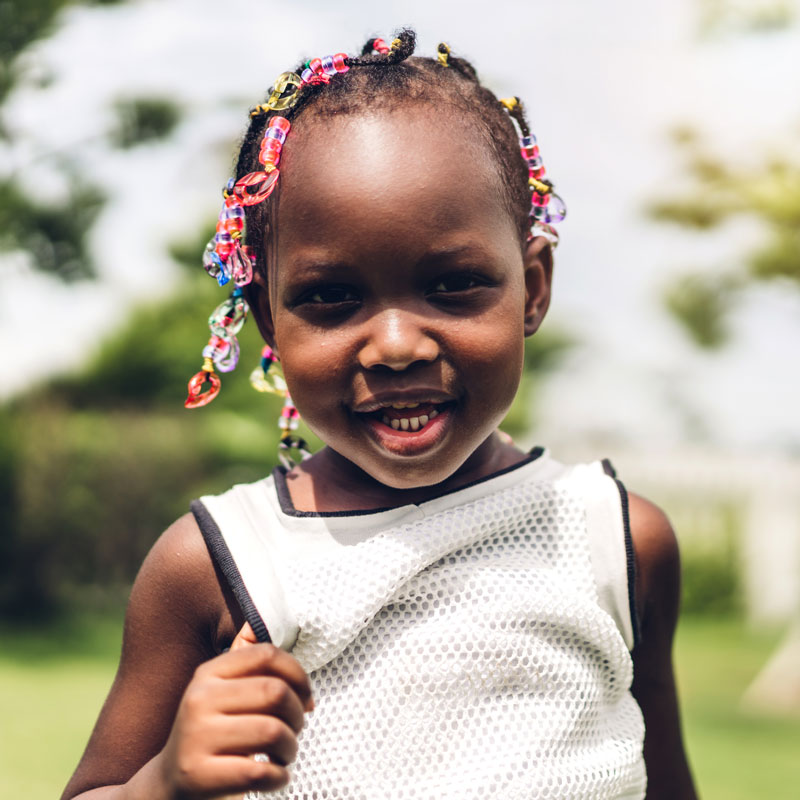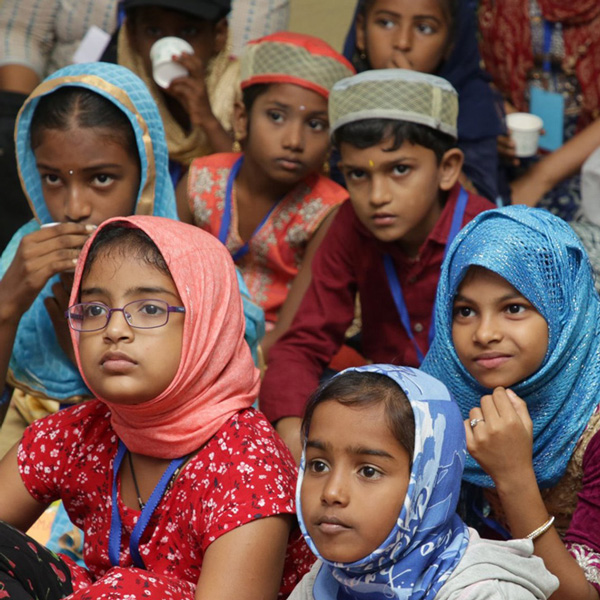Ethics Education
for Children
ANNUAL REPORT
April 2019 - March 2020
Fostering Interfaith and Intercultural Learning for Children Worldwide
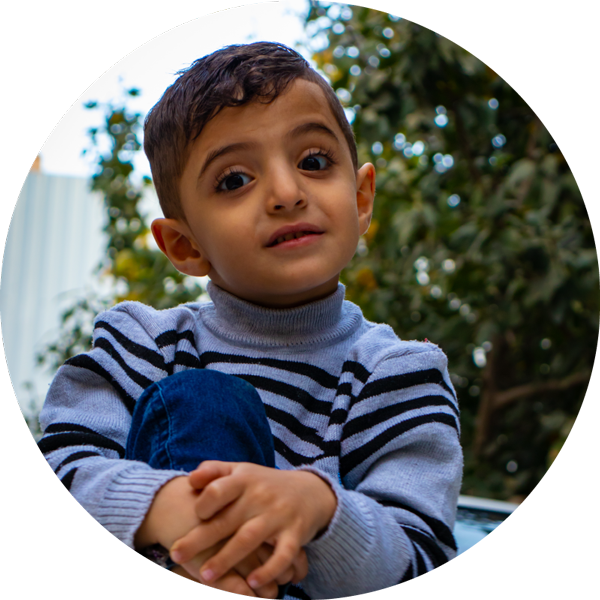
.


Learning to Live Together
Promoting a transformative pedagogy that places children at the center of the educational experience, making them agents of their own learning, and drivers of positive change.
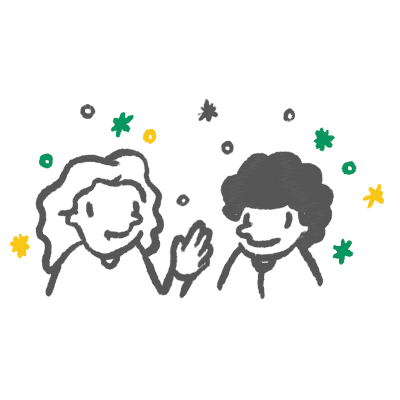

Training
1,014 educators, social workers and youth leaders, as well as representatives of civil society and faith-based organizations, were trained as facilitators in 13 countries.
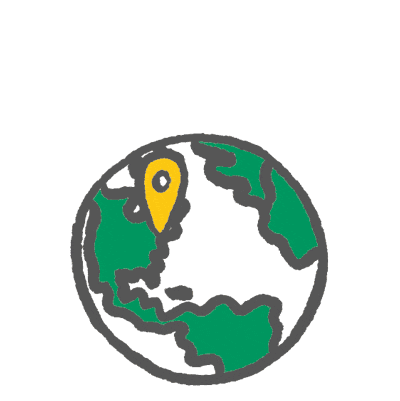

Implementation
14,442 children and youth were reached with programs based on the Learning to Live Together Programme, implemented by partners in 20 countries.
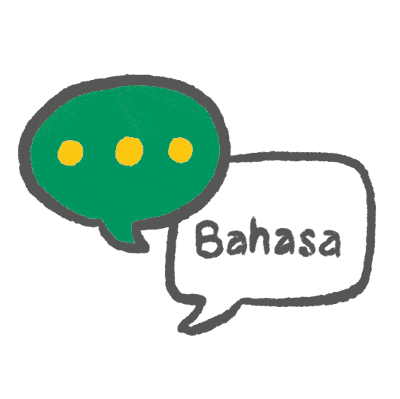

Now in Bahasa Indonesia
The Learning to Live Together Programme is now available in 12 languages.
Adapting the Learning to Live Together Programme to be used with children aged 6 to 11
Creating transformative learning experiences for children to flourish and develop to their fullest potential.
Throughout the year, Arigatou International Geneva, with the support of GNRC members, carried out a series of seven pilot workshops within the framework of the adaption of the Learning to Live Together manual to middle childhood years.
While the original manual is intended for children between 12 and 18 years of age, this new publication will focus on children aged 6 to 11.
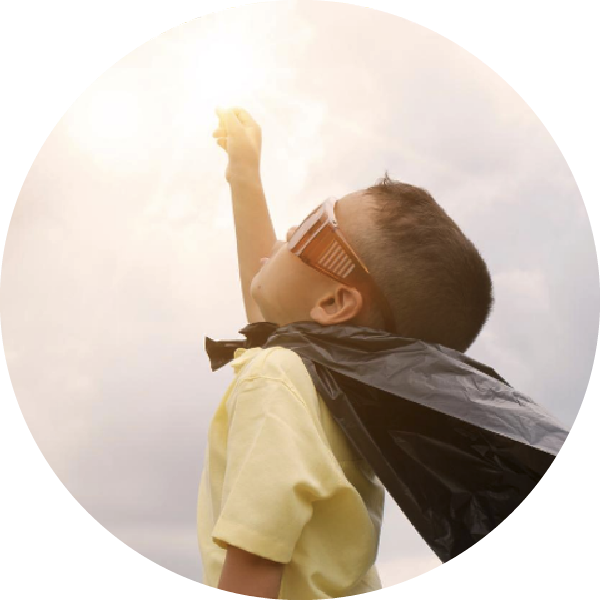

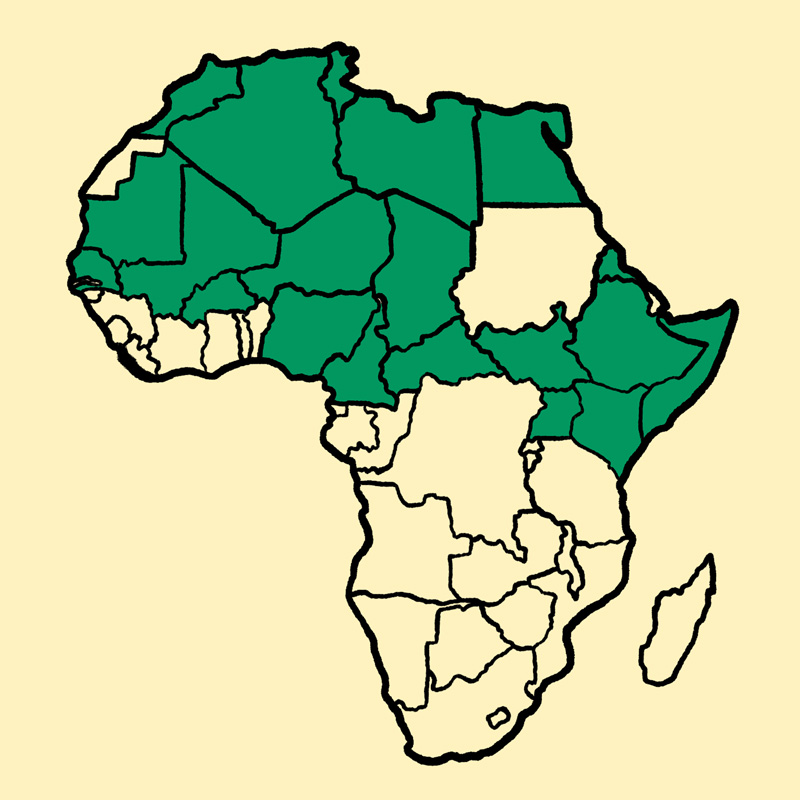


Long-lasting Partnerships to bring about long-lasting peace
Higher education institutions can play a critical role in shaping the political and socio-economic environments of a country. Harnessing this influence to foster ethical values in students can help building more peaceful, just and inclusive societies.
With this in mind, Arigatou International joined as a technical partner in the “Peace, Resilience Building and Prevention of Violent Extremism in Africa through Teacher Development” project, led by the UNESCO International Institute for Capacity Building in Africa (IICBA), and supported by the Government of Japan.
Consortium on nurturing values and spirituality in early childhood for the prevention of violence delivers new Advocacy Booklets
In 2019, the Consortium on Nurturing Values and Spirituality in Early Childhood for the Prevention of Violence developed INSPIREd Faith Communities: Nurturing Values and Spirituality in Early Childhood for the Prevention of Violence, a set of five country-specific advocacy booklets to raise awareness about the importance of children’s wellbeing during the early years.
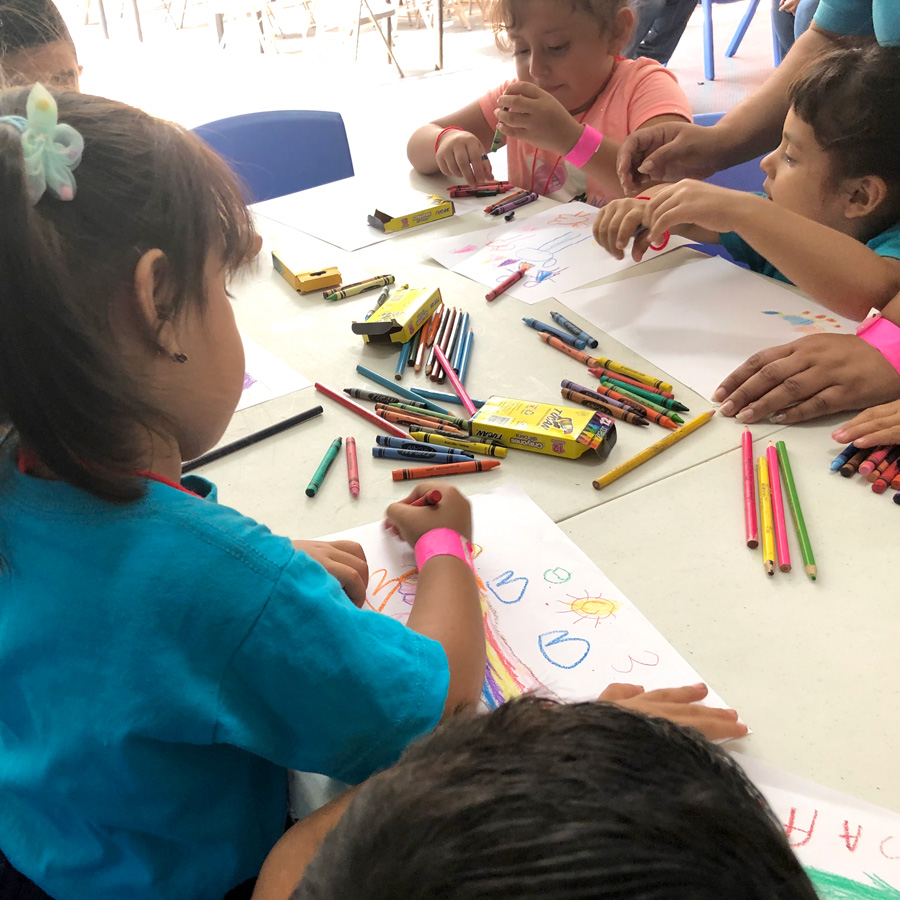


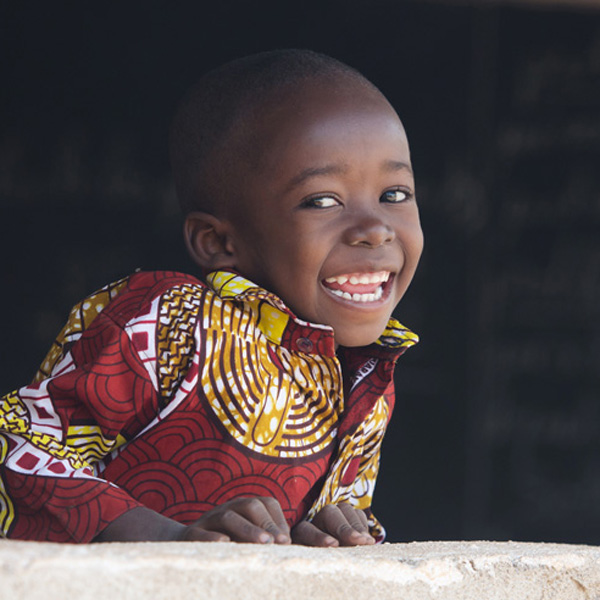


All for Children and All with Children – Safeguarding and Participation
Creating environments where children are safe, both physically and spiritually, can help them develop to their fullest potential.
Ensuring that children are aware of their rights and equipped to respond in positive ways, enables them to pursue their wellbeing. Children are individuals in their own right, and their empowerment is a sine qua non for their protection.
Launch of Faith and Children's Rights: A Multi-Religious Study on the Convention Rights of the Child
This study creates a unique and compelling opportunity to put faith into action and promote interfaith collaboration to revitalize the implementation of the Convention on the Rights of the Child, inspiring positive change for children, everywhere and at all times.
To mark the occasion of the 30th anniversary of the Convention on the Rights of the Child, and in partnership with UNICEF, the former Special Representative of the UN Secretary-General on Violence against Children, the Global Network of Religions for Children (GNRC) and with the support of partners, the International Dialogue Center (KAICIID) and World Vision International, Arigatou International has developed Faith and Children’s Rights: A Multi-religious Study on the Convention on the Rights of the Child.
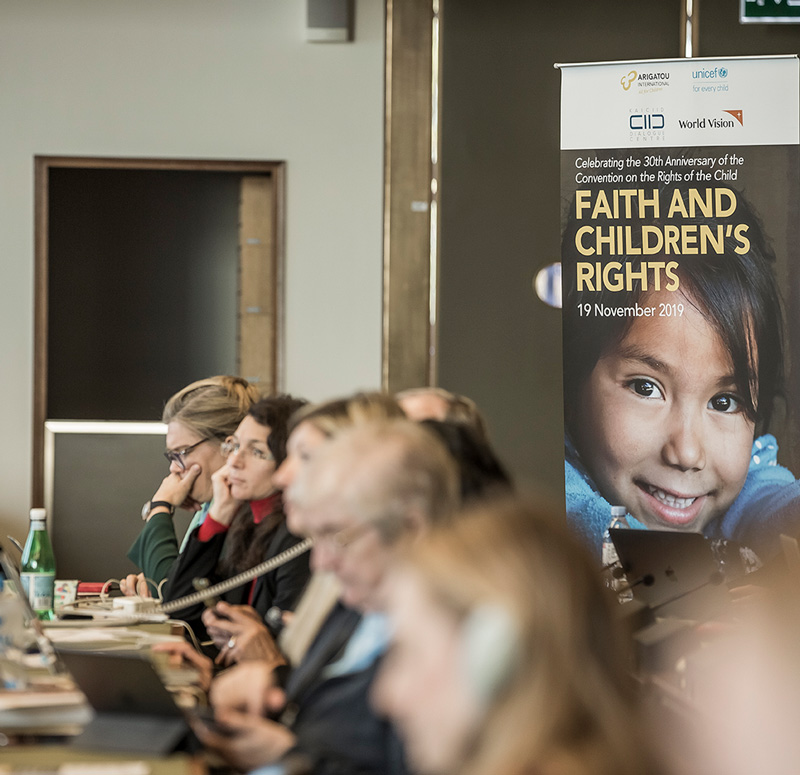


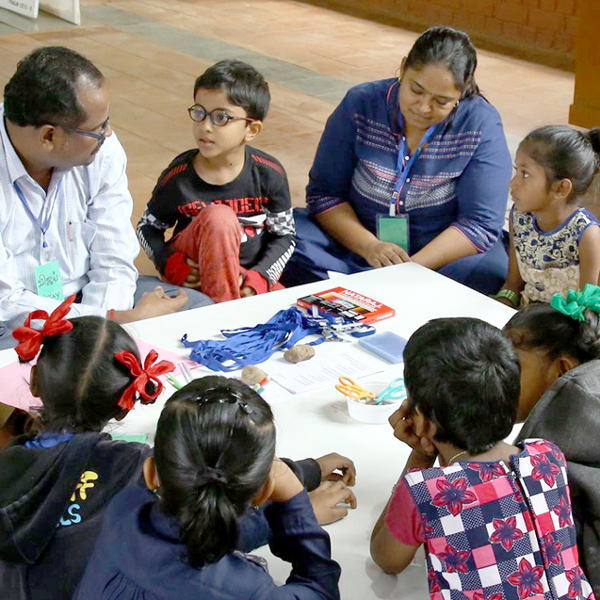


Advocating for Ethics Education for Children and the Right to quality education
Advocating for the integration of ethics education for children into schools, institutions and communities, as a key and unique approach to ensuring children’s full and sound development is at the heart of our mission.
This year, Arigatou International – Geneva was invited to share its expertise on ethics education in several panel discussions, and to conduct practical workshops for practitioners at seminars and conferences, in Kenya, Romania, Spain, and Switzerland, as well as in online events.
Networking to Promote the Rights and Well-Being of Children Worldwide
BUILDING THE "ALL FOR CHILDREN" MOVEMENT TOGETHER WITH PARTNERS AROUND THE WORLD.
Geneva also represents Arigatou International in several platforms in its efforts to advocate for the protection and promotion of children’s rights and to contribute to the 2030 Agenda for Sustainable Development.
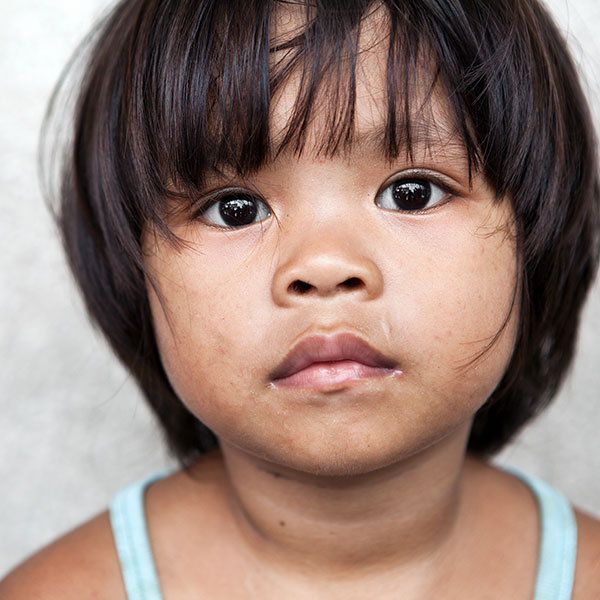


Meeting the Challenge of the Pandemic with a Focus on Children
The year 2020 started with an unexpected set of challenges. The COVID-19 pandemic changed life as we knew it. On the one hand, it gave some a chance to slow down for some much-needed reflection.
We all certainly got to experience just how fragile our highly developed civilization is, and how totally and intrinsically interconnected our lives are. On the other hand, it also brought great worry, uncertainty and instability, as the disease and its related challenges highlighted and exacerbated the inequalities and injustices already present in our societies.
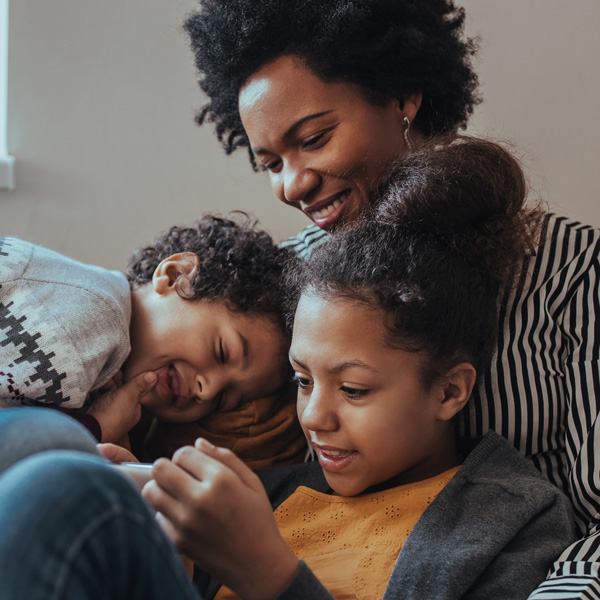


Acknowledgments
This year’s achievements were made possible thanks to many individuals and organizations who have supported our work in one way or another. Special thanks go to the many children and youth who were part of our programs around the world, and to the many partner organizations that have been collaborating with us to make our work possible.
We feel very fortunate to be able to count on hundreds of skilled and passionate facilitators and trainers who implement the Learning to Live Together programme at the grassroots level.
Our sincere appreciation goes to them for believing in the effectiveness and critical need of ethics education. We also thank the many consultants, interns and volunteers who have given us their time and commitment to contribute to our mission.
Finally, we convey our heartfelt gratitude to the members of the Global Network of Religions for Children, and to our colleagues at the Arigatou International offices in Tokyo, Nairobi, and New York for their collaboration, and offer a special thanksgiving to all the members of Myochikai in Japan for their unwavering support.
We recognise the special contributions of the many groups of people and individuals who have worked with us during this year:
- Dr. Hasnah Gasim, Indonesia National Commission for UNESCO
- Mr. Andres Guerrero, Expert on Children’s Rights
- Ms. Mary Kangethe, Kenya National Commission for UNESCO
- Ms. Prabha Karthik, Montessori Teacher and Expert on Middle Childhood Education
- Mr. Mark Manns, UNESCO Bangkok
- Dr. Ilham Nasser, International Institute for Islamic Thought
- Ms. Mercedes Roman, Expert on Children’s Rights
- Mr. Stephen Shashoua, Expert on Intercultural and Interfaith Education
- Ms. Rohaniza Sumndad- Usman, Teach Peace Build Peace Movement
- Ven. Napan Thawornbanjob, Assistant Abbot, The Golden Mount Temple, Bangkok, Thailand; Director, Institute of Buddhist Management for Happiness and Peace
- Dr. Angelos Vallianatos, Expert on Interfaith and Intercultural Education
- Global Partnership to End Violence Against Children
- Child Rights Connect
- International Partnership for Religion and Sustainable Development (PaRD)
- INSPIRE Fund
- KAICIID
- Kenya National Commission for
- UNESCO
- Office of the High Commissioner for Human Rights
- Scholas Occurrentes
- SmartPeace Foundation
- UNESCO International Institute for Capacity Building in Africa (IICBA)
- UNICEF
- United Religions Initiative (URI)
- World Council of Churches
- World Vision International
